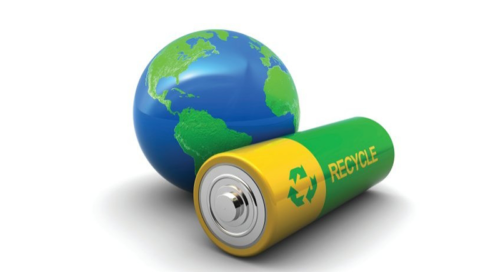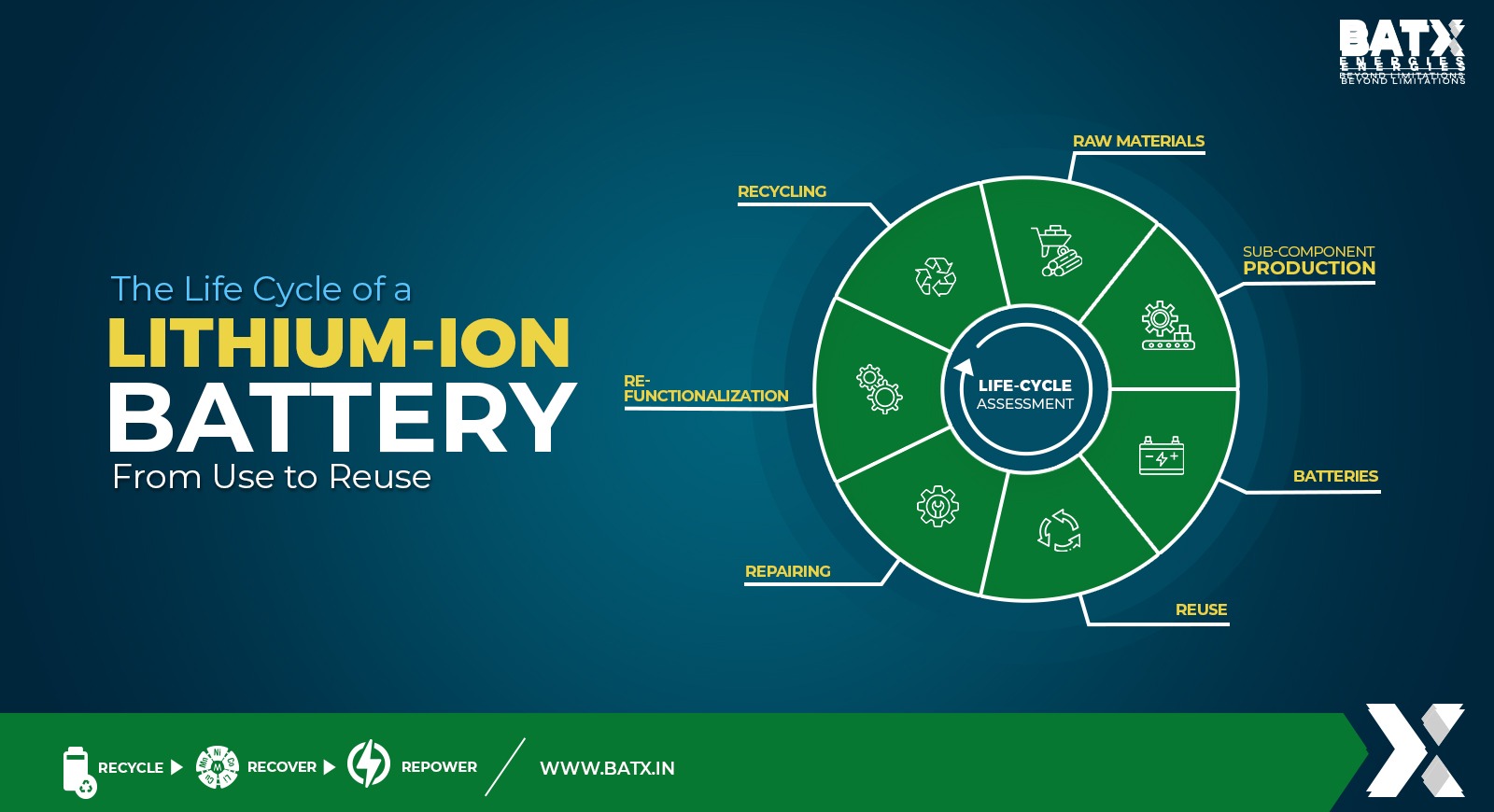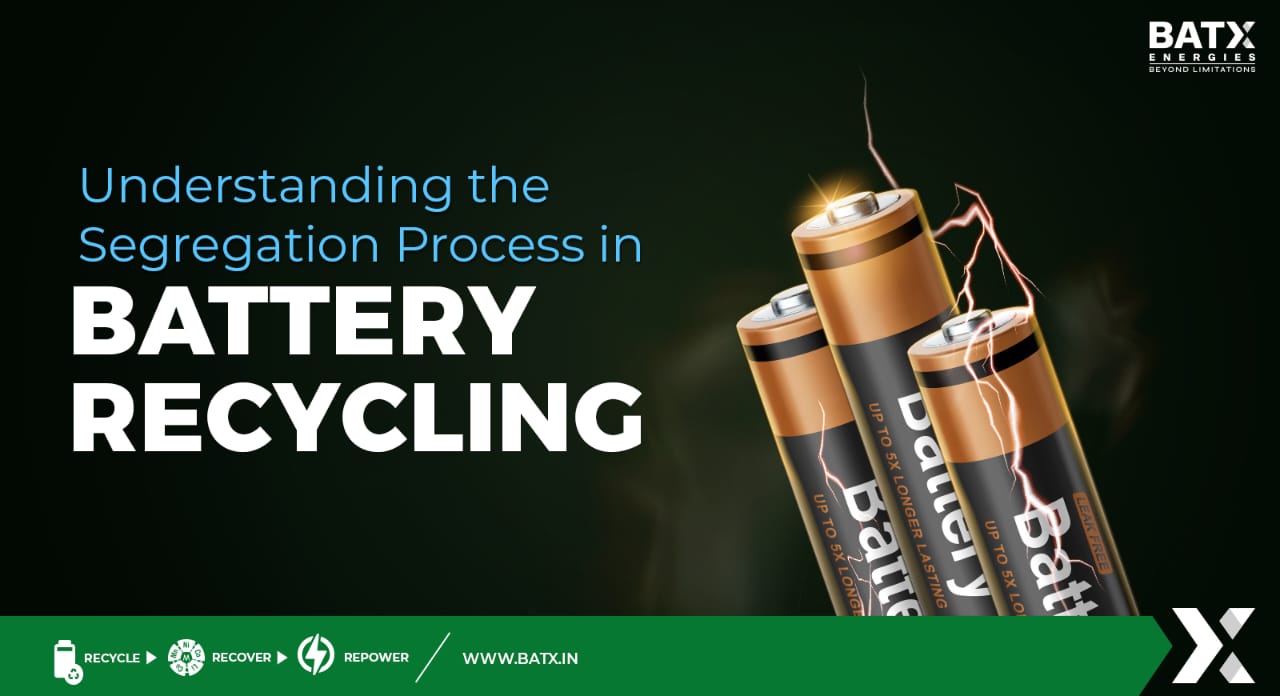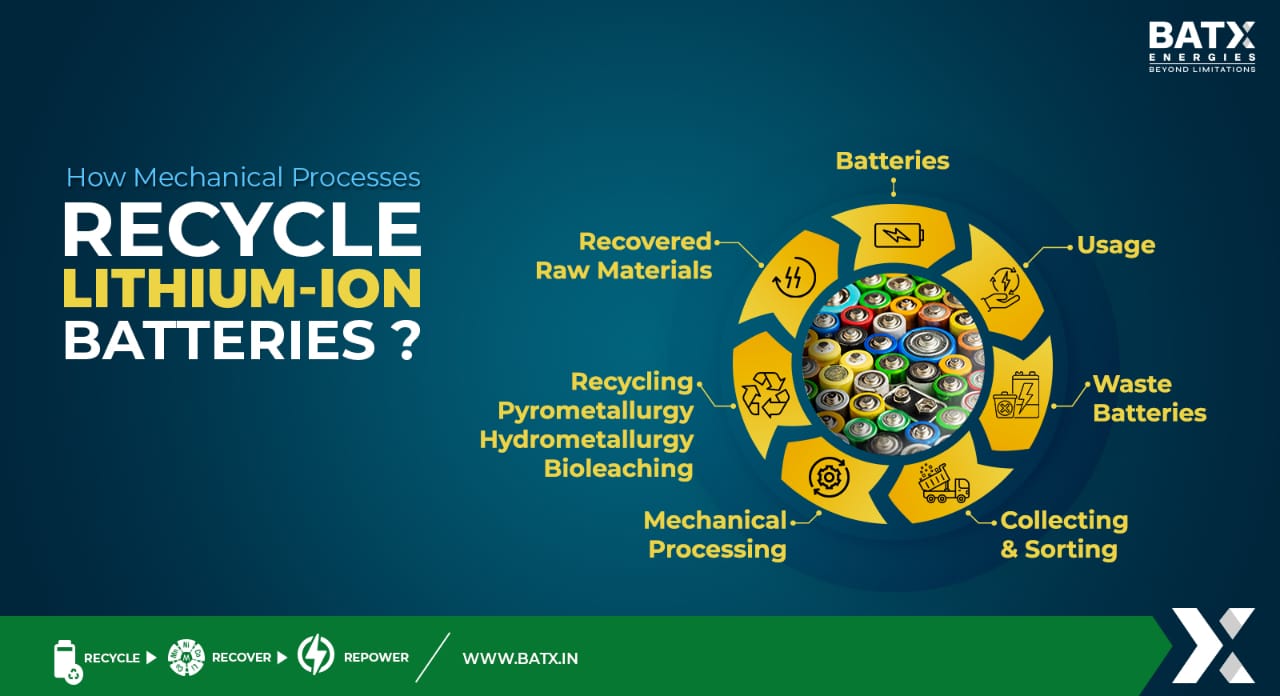Different types of batteries were invented to store energy, which may come in various sizes and designs. They share two primary components: an electrolyte and a heavy metal such as lead, nickel, cadmium, or mercury. If not disposed of appropriately, these metals threaten the environment, and metals used in battery production are discharged into the air and contaminate the environment.
The majority of batteries are typically disposed of in landfills after being placed in trash bins. Different battery types include dangerous substances like mercury, lead, zinc, lithium, and cadmium that could leak to the ground and pollute the land and water. Water and soil contamination adversely harms the environment. When thrown into landfills, battery metals generate a combination mixed with rainwater that seeps into the dump and forms a toxic soup known as leachate that contaminates groundwater.
Advantages of Recycling Batteries
When discussing the global advantages of recycling, it’s essential to remember that there is only one planet and that we must share and conserve the resources at our disposal. Batteries are made with metals like lithium, nickel, and cobalt, but mining these metals is expensive for both people and the environment.
The extraction of metals like nickel produces dust that contains elements like copper, cobalt, and chromium, which are highly poisonous, which is now possible through the techniques invented for recycling batteries. Reusing components from old batteries can reduce the price of new batteries due to the rising cost of raw materials. Recycling of batteries reduces the need for raw materials and protects the environment.
When we talk about lithium, it is regarded as being highly flammable and is frequently disposed of in landfills. They may cause ignition when they corrode and mix with the landfill’s naturally occurring methane gas to start a fire. Batteries need to be recycled to reduce resource use as well as the previously mentioned environmental issues. Since recycled plastic and metal from used batteries may be utilized to produce new batteries and are kept out of landfills and the environment, it helps conserve natural resources. Beyond those that immediately come to mind, recycling has other advantages:
Lithium is also commonly disposed of in landfills and is considered quite explosive, and it could ignite if they corrode and combine with the methane gas in the waste naturally. Batteries must be recycled in order to decrease resource consumption and the aforementioned environmental problems. It helps preserve natural resources since used battery plastic and metal may be recycled to make new batteries, keeping them out of landfills and the environment. Recycling provides other benefits in addition to those that readily spring to mind:
- Reducing the amount of waste transported to landfills and recycling it to create new goods.
- Conservation of natural resources, such as metals and minerals.
- Recycling reduces the dependency on fewer new raw materials, reducing pollution.
- Increases the potential of the nation to conserve more energy.
- Increases the number of battery manufacturing that helps meet the current demand for batteries.
- Decreases greenhouse gas emissions, preserving the natural environment’s balance.
- Create a healthy environment for the next generation.
- Helps in creating new employment prospects in the battery manufacturing and recycling industries.
Creation Of Circular Economy
As mentioned above, how a battery can be hazardous to the environment and the advantages of recycling, let’s get some knowledge of the circular economy.
There are two types of economy: linear and circular. Natural resources are extracted, converted into products, and discarded in a linear economy. On the other hand, a circular economy model tries to reduce the gap between production and the natural cycle of the ecosystem, which ultimately depends on humans.
In order to accomplish this, waste must first be eliminated by composting biodegradable trash or, in the case of converted, non-biodegradable garbage by reusing, remanufacturing, and then recycling it. On the other hand, it also entails abandoning the use of chemicals (a method to help regenerate natural systems) and placing a bet on renewable energy.
Recycling is part of the circular economy and there are several benefits of battery recycling. It helps the used products to go back into the supply chain rather than dumping them into landfills.
BatX energies work according to the circular economy. We have our patent procedure of Net Zero Waste, Zero Emissions process for recycling end-of-life Lithium-ion batteries. Using this process, we extract black mass, rare-earth materials, and other products used in manufacturing batteries and send them to manufacturing.



